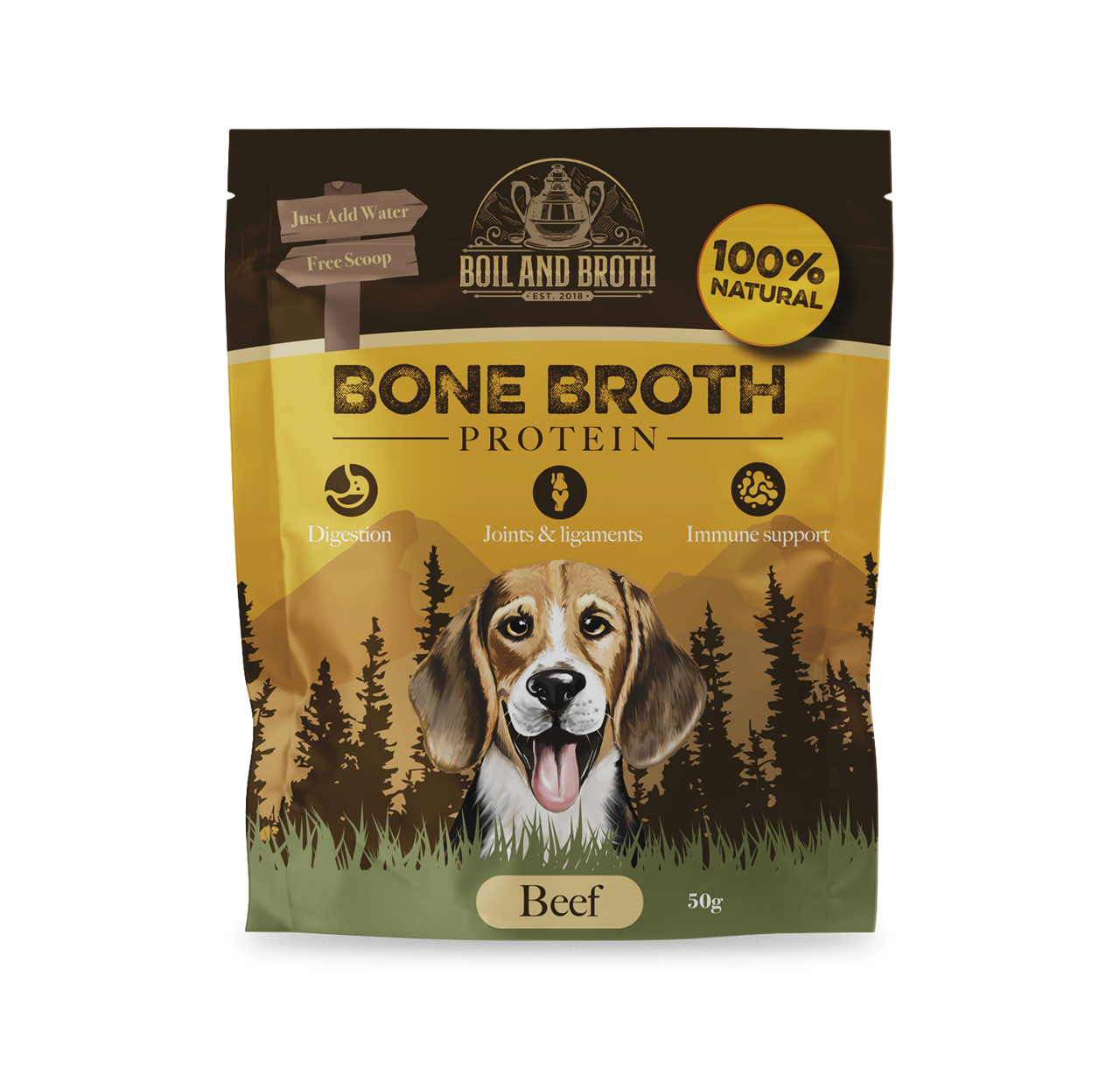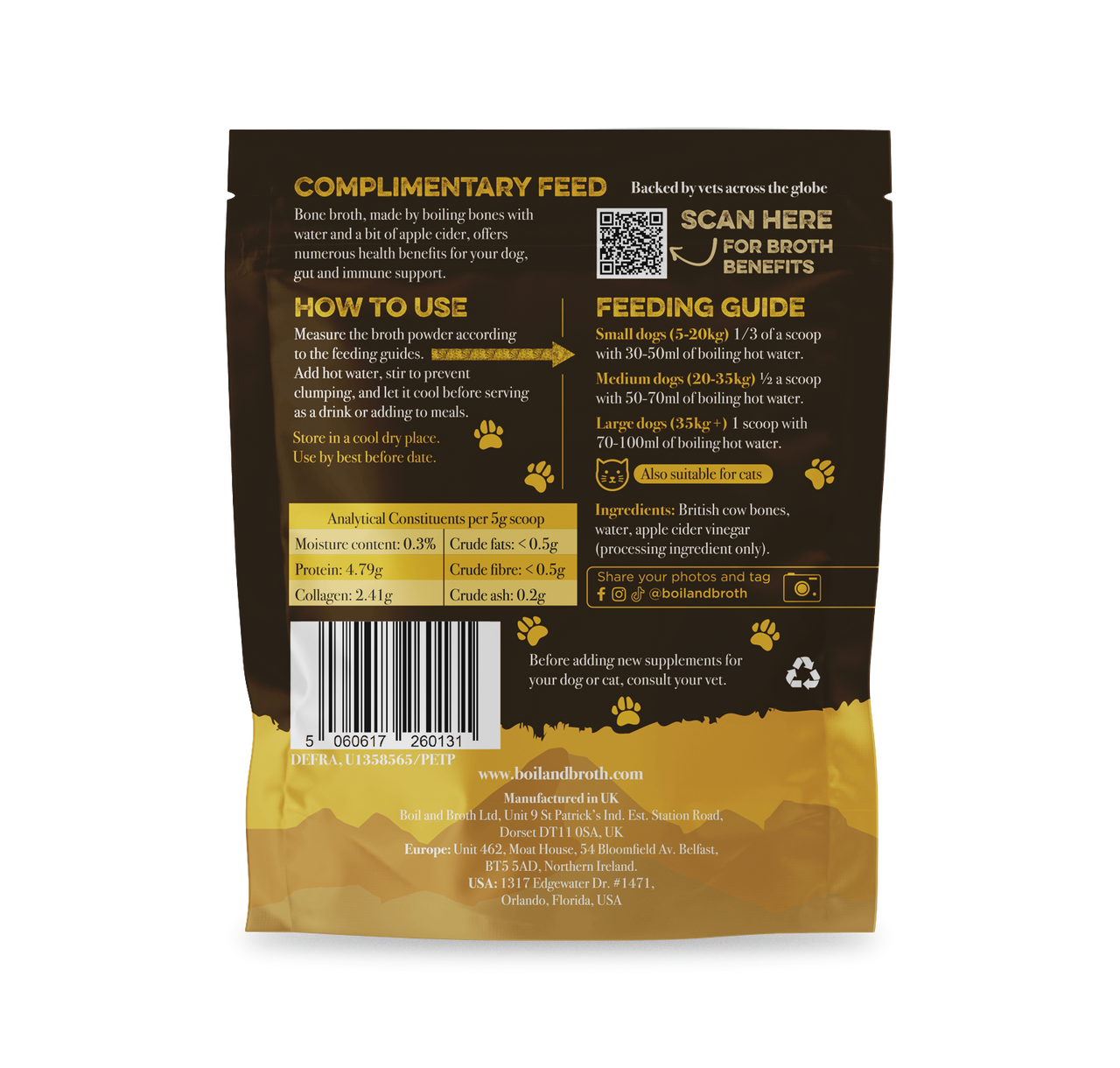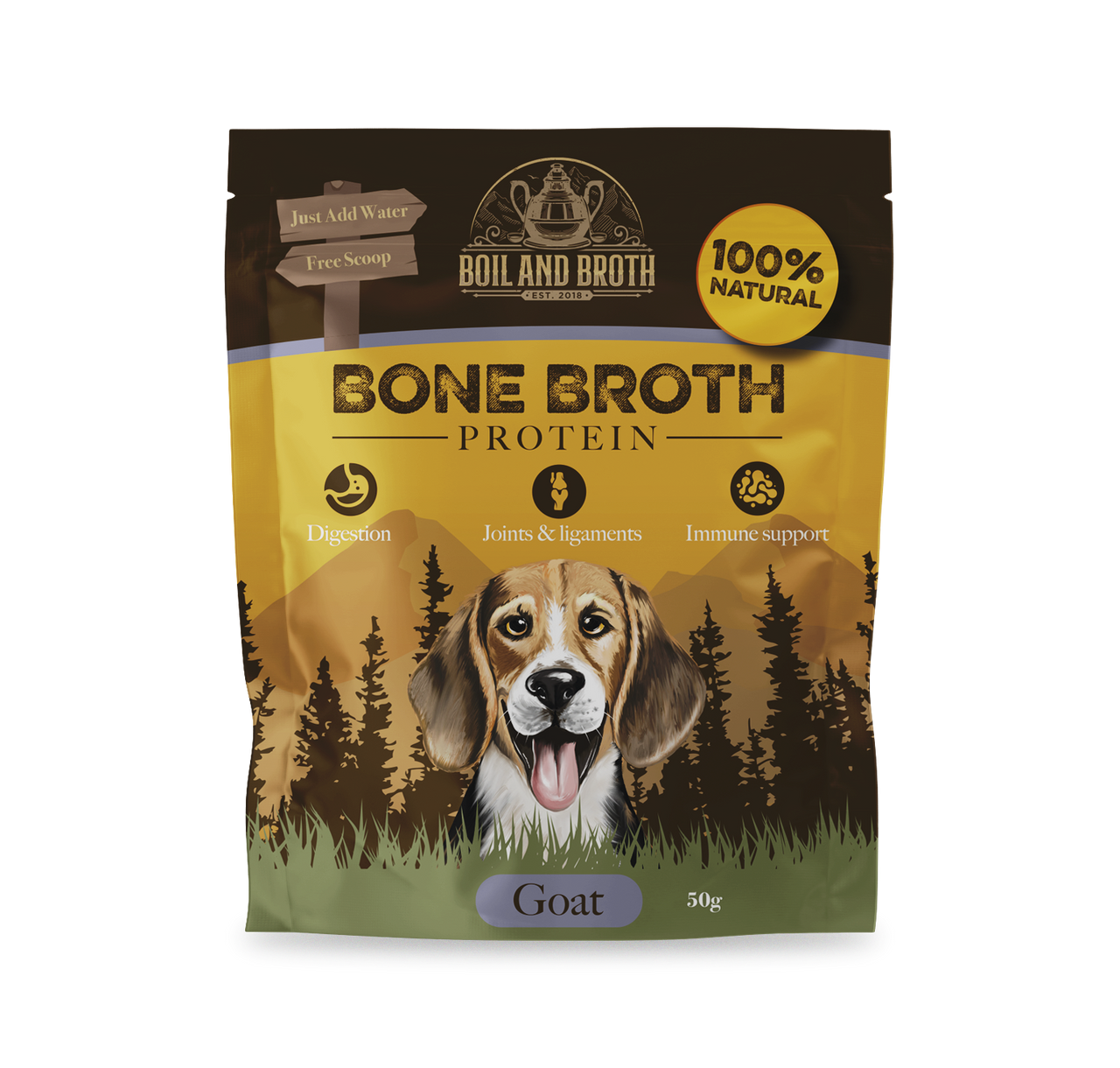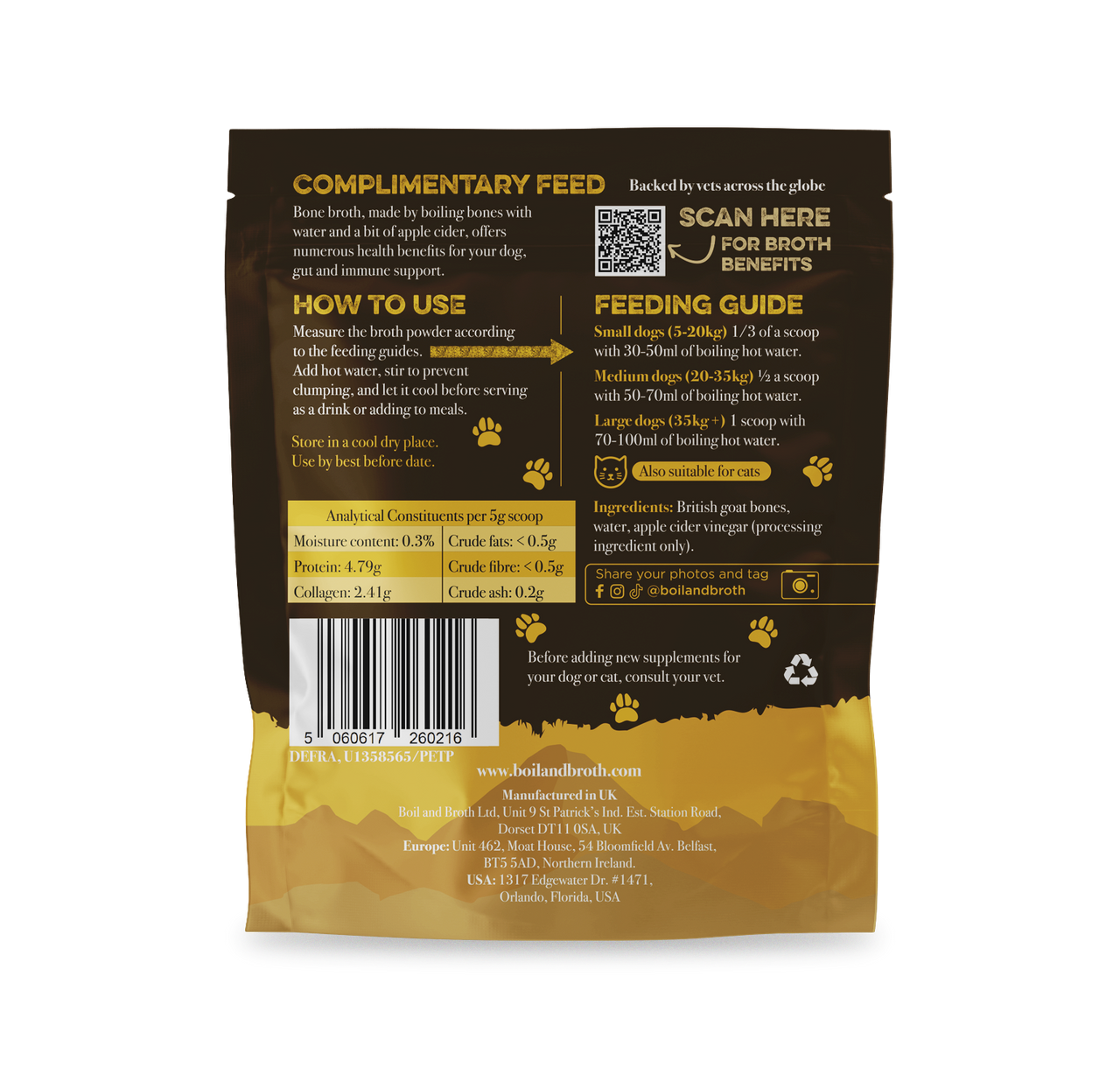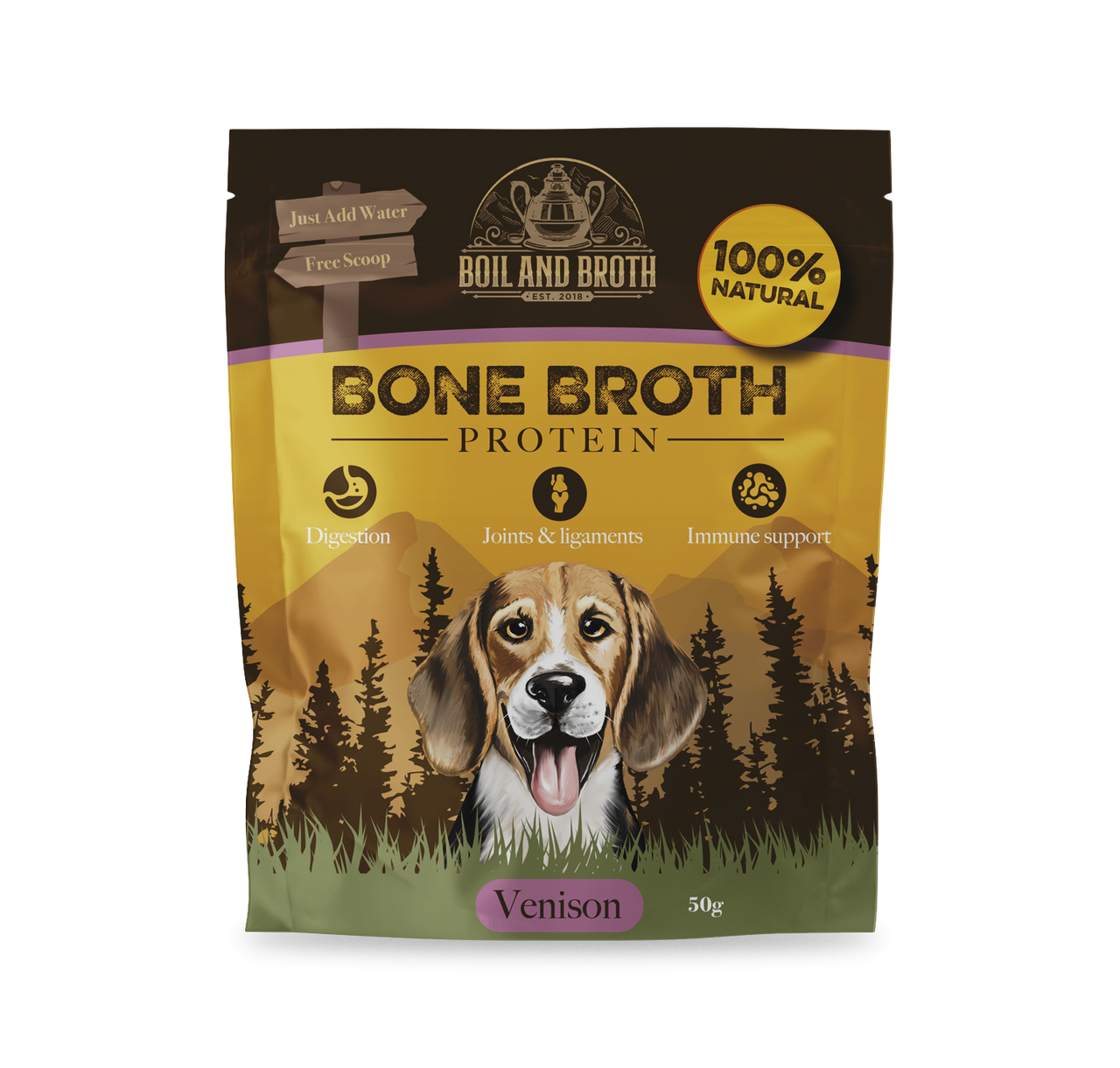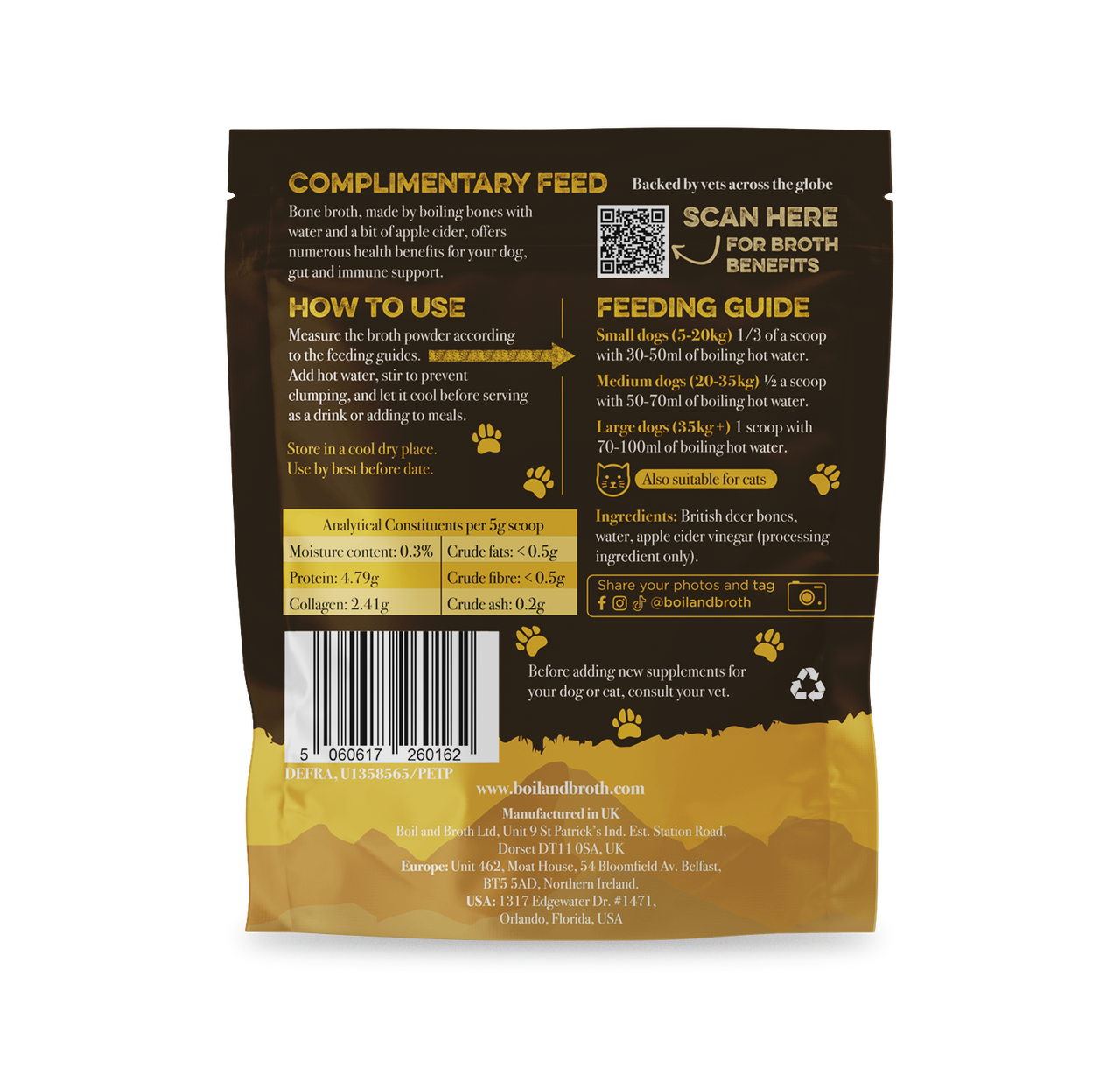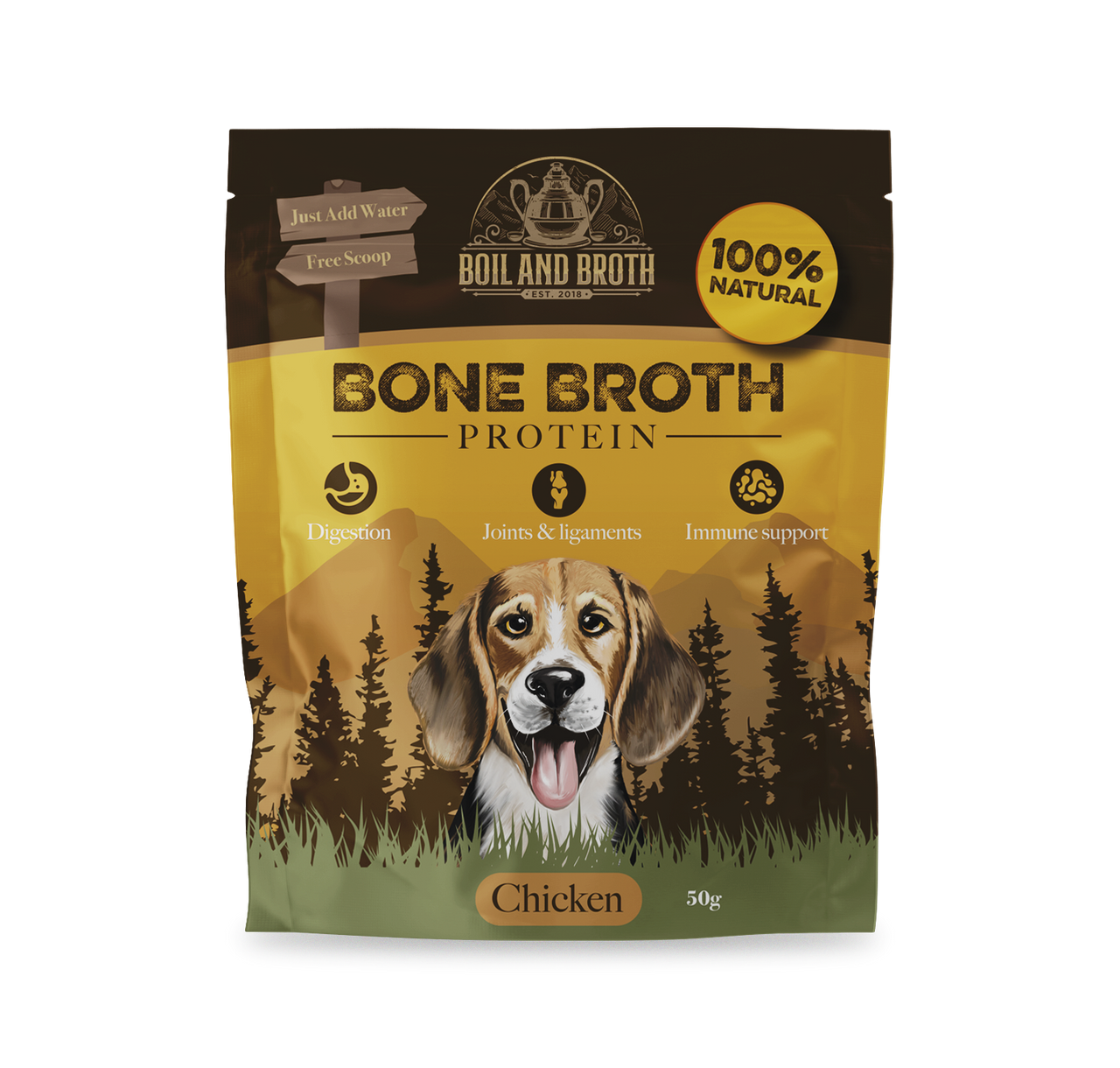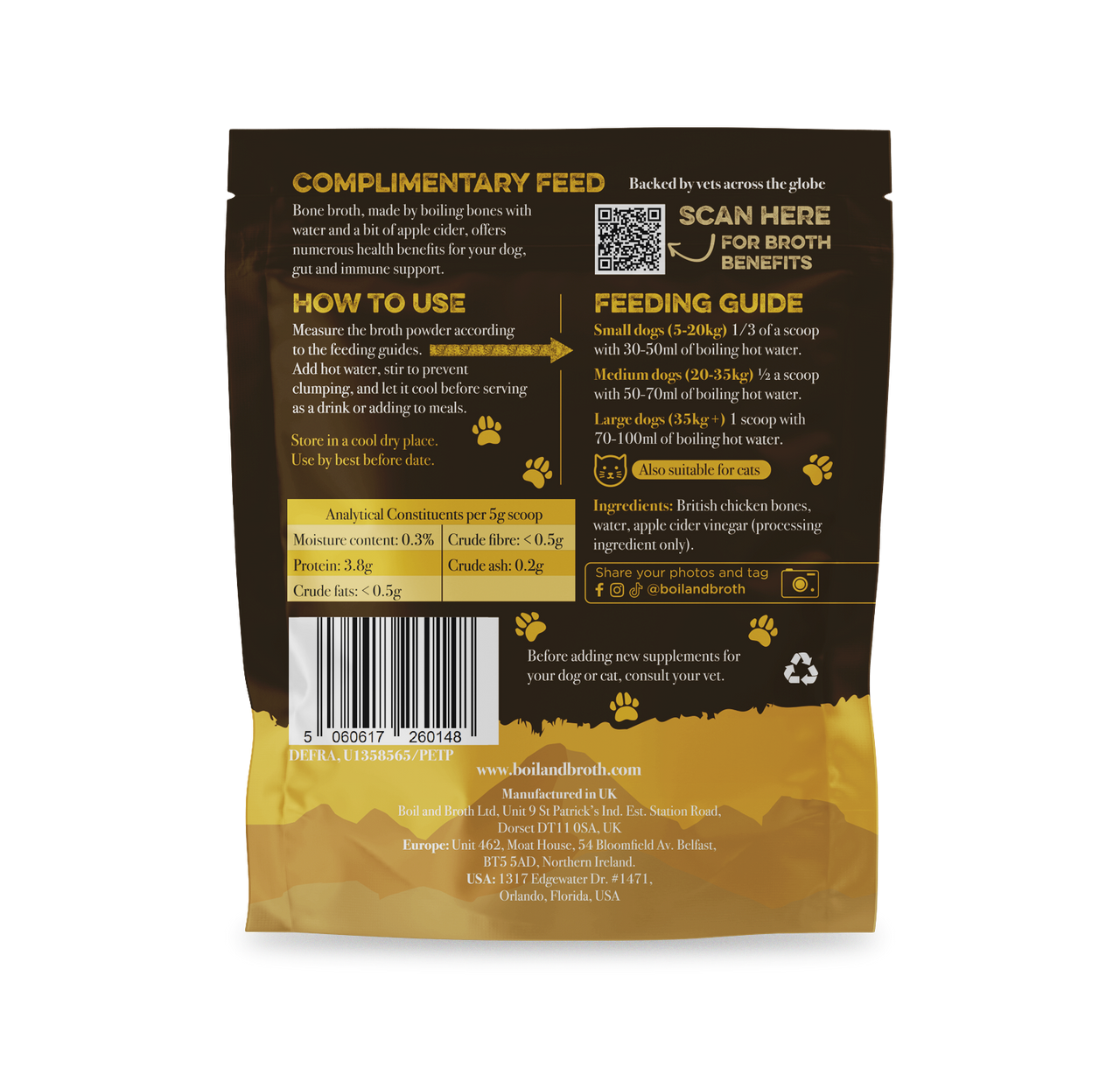
Do Dogs Need Vitamin D?
Understanding Canine Nutritional Needs
As we draw closer to the Winter, are you starting to consider Do Dogs Need Vitamin D? Dogs, often referred to as “man’s best friend,” share many similarities with humans, but when it comes to their nutritional needs, there are some differences to consider. One essential nutrient that frequently comes up in discussions about canine health is vitamin D. We humans often hear about the importance of vitamin D for our own well-being, primarily as it relates to bone health and overall immune system function. But do our furry companions need vitamin D too? In this blog, we’ll delve into the role of vitamin D in a dog’s diet and explore the factors that determine their vitamin D needs.
Understanding Vitamin D
Vitamin D is a fat-soluble vitamin that plays a vital role in maintaining bone health, regulating calcium and phosphorus absorption, and supporting the immune system in both humans and animals. There are two main forms of vitamin D: vitamin D2 (ergocalciferol) and vitamin D3 (cholecalciferol). Vitamin D3 is the more biologically active form and is typically found in animal-based sources, while vitamin D2 is derived from plant sources and is less potent.
The primary source of vitamin D for humans is exposure to sunlight, as our skin synthesizes vitamin D when exposed to UVB rays. In contrast, dogs can synthesize a limited amount of vitamin D from sunlight, but their primary source is dietary intake.
Vitamin D for Dogs
Dogs, like humans, require vitamin D to maintain good health. Adequate vitamin D levels are essential for their overall well-being, including strong bones and a robust immune system. However, there are several factors to consider when determining their specific vitamin D requirements:
- Diet: If you are feeding raw, then be sure to give your dog a range of oily fish in their diet. Oily fish such as herring, salmon, sardines, and mackerel naturally contain vitamin d. You can also find vitamin d in free-range and organic eggs.
- Supplements: Check with your vet before giving your dog any supplements, but you may find that supplementing with vitamin D to be beneficial over the Autumn and Winter months to ensure your dog gets the much needed immune boost.
- Breed and Size: The vitamin D requirements of dogs can vary depending on their breed and size. Larger breeds may require more vitamin D for proper bone development, while smaller breeds may need less.
- Age: Puppies, adults, and senior dogs have different nutritional requirements, and their vitamin D needs may also vary. Puppy foods are often formulated with higher levels of vitamin D to support growing bones.
- Individual Health Needs: Some dogs may have specific health conditions that affect their ability to absorb or utilize vitamin D. Consult with a veterinarian if you suspect your dog has any health issues related to vitamin D.
- Sunlight Exposure: While dogs can synthesize vitamin D from sunlight, this can be limited by factors such as climate, time spent outdoors, and the dog’s coat. Dogs with dark fur may need more time in the sun to produce sufficient vitamin D compared to those with lighter coats.

Vitamin D Deficiency in Dogs
Just as vitamin D deficiency can have detrimental effects on humans, it can also impact dogs. A deficiency of vitamin D in dogs can lead to various health problems, including:
- Rickets: A condition in which the bones don’t mineralize properly, leading to skeletal deformities and weakness.
- Osteoporosis: A reduction in bone density that can make bones brittle and prone to fractures.
- Weakened Immune System: Insufficient vitamin D can compromise a dog’s immune system, making them more susceptible to infections and diseases.
- Muscle Weakness: Dogs with vitamin D deficiency may experience muscle weakness and reduced mobility.
In summary, dogs do require vitamin D to maintain their overall health, just like humans. While they can synthesize a limited amount of vitamin D from sunlight, their primary source is their diet. Feeding your dog a balanced and high-quality commercial dog food is the most reliable way to ensure they receive the necessary vitamin D. However, it’s important to consider individual factors such as breed, size, age, and health status when determining their specific vitamin D requirements.
If you have any concerns about your dog’s vitamin D intake or suspect a deficiency, consult with a veterinarian. Regular check-ups and a well-balanced diet tailored to your dog’s specific needs are key to keeping your furry friend healthy and happy. After all, a healthy dog is a happy dog, and ensuring they get the right nutrition is a significant step in that direction.





